For many, the weekend is the only time to squeeze in a full workout. These "weekend warriors" hit the trails, gyms, or courts hard on Saturday and Sunday, making up for limited midweek activity. While research shows that even concentrated exercise can significantly reduce the risk of cardiovascular disease and cancer, long hours at a desk during the week can undermine those gains.
The good news? You don’t need a gym or extra time to stay active. With a few simple habits and short routines, you can support your fitness goals all week long. Here are five practical, evidence-based desk fitness tips designed specifically for weekend warriors.
Sitting for prolonged periods is linked to increased risks of metabolic syndrome, poor circulation, and musculoskeletal issues. The solution? Break up your sitting time with short bursts of movement.
Set a timer to go off every 50–60 minutes. When it rings, stand up and do one of the following for 2–3 minutes:
These micro-breaks improve blood flow, reduce stiffness, and help maintain insulin sensitivity—key for long-term health. Studies show that even brief interruptions to sitting can lower blood sugar and blood pressure.
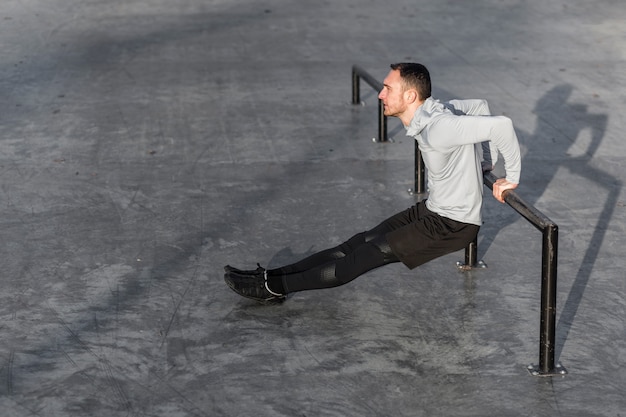
Poor posture leads to neck strain, back pain, and reduced lung capacity—all of which can affect your weekend performance. Small ergonomic tweaks can make a big difference.
Ensure your workstation supports a neutral spine:
Pair this with periodic posture checks: every few hours, gently pull your shoulders back, engage your core, and sit tall for 30 seconds. This builds body awareness and strengthens postural muscles over time.
Your desk isn’t just for typing—it’s a functional fitness tool. Try these simple exercises that require no equipment:
These movements build strength, improve balance, and keep your muscles engaged—prepping your body for weekend activities.
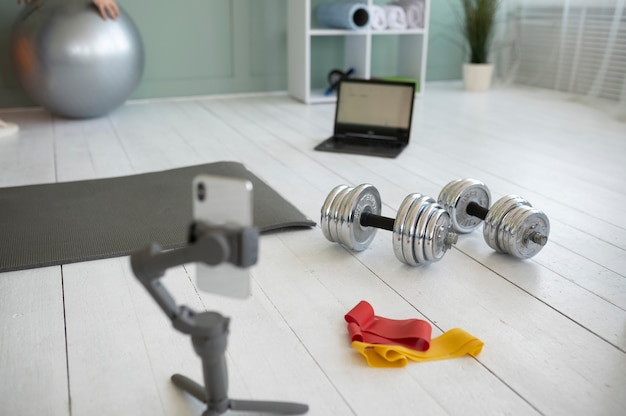
Staying hydrated is essential for energy, focus, and muscle function. But there’s a fitness bonus: drinking more water means more trips to the restroom—and more walking.
Keep a 16–20 oz water bottle on your desk and aim to finish it 3–4 times a day. Each refill is an opportunity to walk, stretch, and reset your focus. Bonus: dehydration can mimic fatigue, so proper hydration helps you feel more alert and ready for weekend workouts.
Your core is more than abs—it’s your body’s stability center. Weak core muscles can lead to poor form during weekend sports or workouts, increasing injury risk.
While sitting, practice diaphragmatic breathing and gentle core activation:
Doing this 2–3 times a day strengthens your deep core muscles, improves posture, and enhances breathing efficiency—benefits that carry over to physical performance on the weekend.
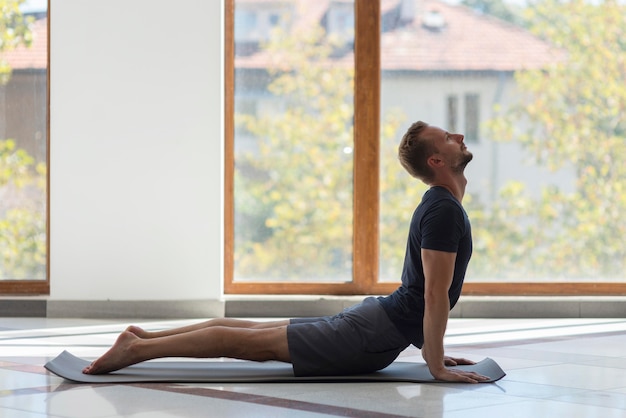
While weekend warriors can achieve significant health benefits from concentrated exercise, integrating small daily habits enhances those results. Movement throughout the week reduces sedentary risk, improves recovery, and prepares your body for weekend exertion.
The goal isn’t to overhaul your routine—it’s to build sustainable micro-habits that support your active lifestyle. Over time, these small efforts compound into better energy, fewer aches, and improved performance.
Start with one tip this week. Master it. Then add another. Your weekend workouts will thank you.

Fitness

Fitness
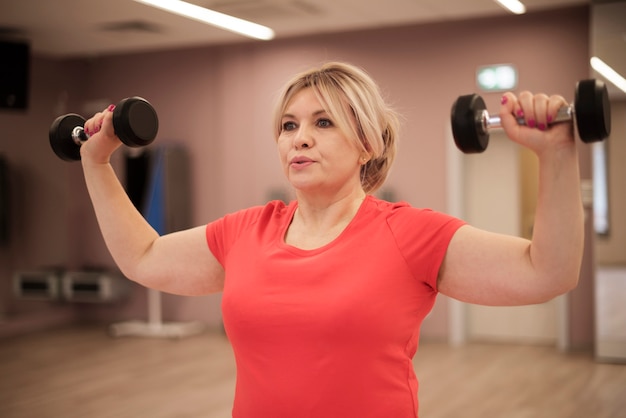
Fitness

Fitness

Health

Wellness

Wellness

Fitness
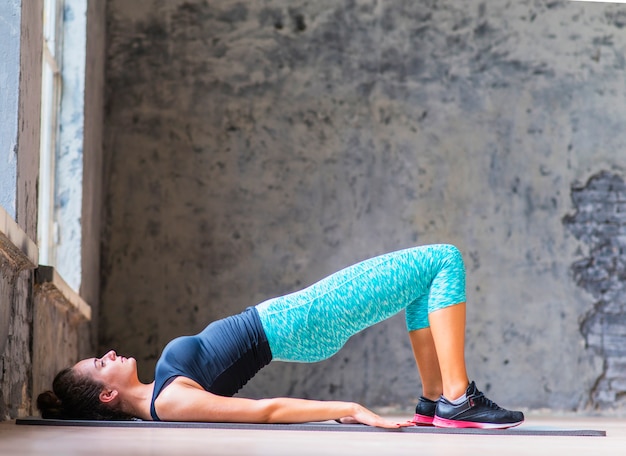
Fitness

Wellness
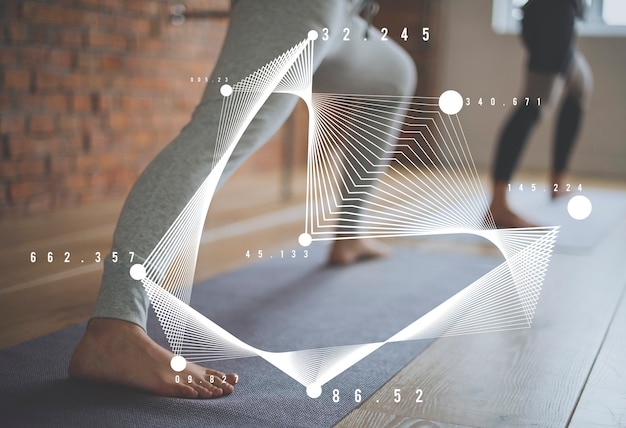
Fitness

Fitness

Health

Fitness

Health

Health